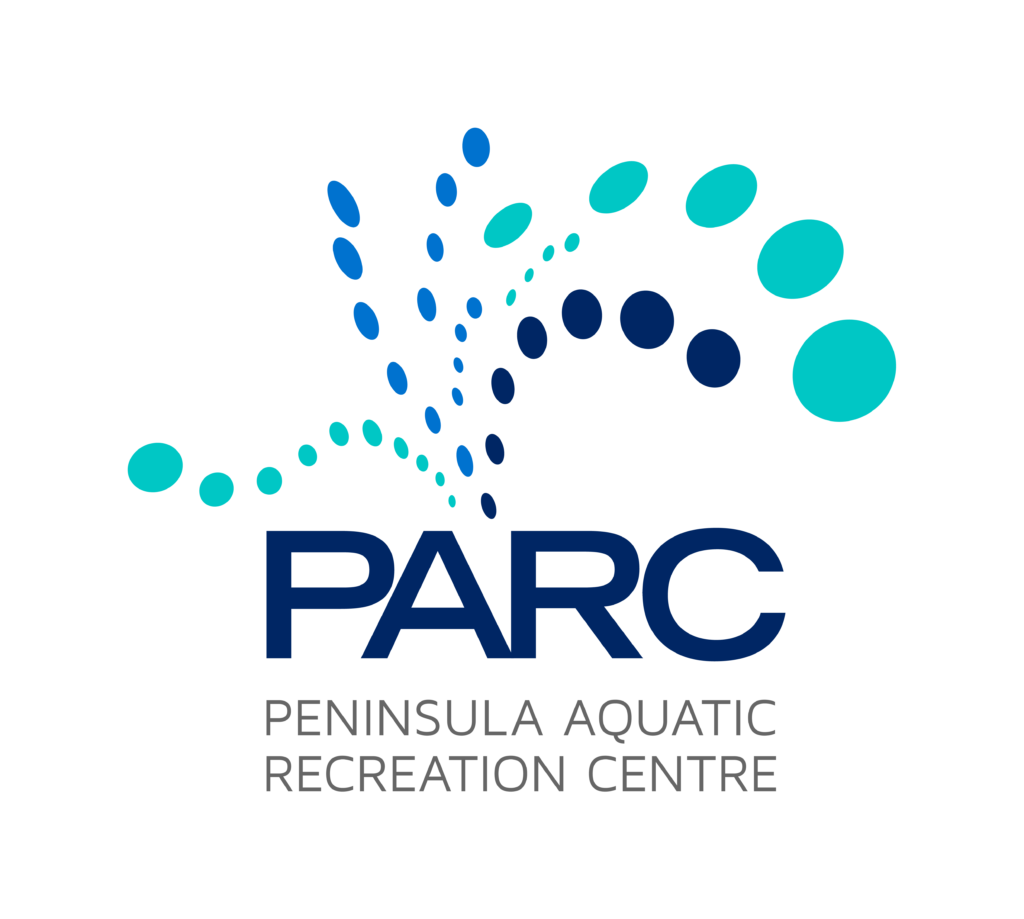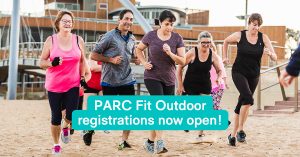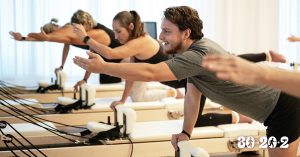How long does it take to form a habit?
You may be wondering how long it takes to form a habit. Depending on who you ask, you may get answers ranging anywhere from 3 days to 3 weeks to 66 days — and sometimes even longer!
But before we get too focused on a particular number of days or length of time, keep in mind that you could potentially be setting yourself up for failure by trying to develop a habit within a precise window of time. That’s because forming a habit isn’t a one-size-fits-all process. Rather, it’s dependent on many things specific to you. Here’s some more information for understanding how long it takes to create a habit, as well as tips for getting a daily meditation habit to stick.
The research on forming habits
There is compelling research that attempts to answer the question: how long does it take to form a habit? The infamous “21 days” myth spread after a 1960 book called Psycho-Cybernetics became widely popular. Since then new research has refuted this claim, suggesting that it takes much longer to form a habit. Most notably, researchers from the University College London found that it takes at least 66 days for “automaticity” to kick in.
The same University College London study also showed a huge variation in individual times among participants — anywhere from 18 to 254 days. Of course, this isn’t so surprising when you consider that some people are more resistant to forming habits than others. Plus, some habits are simply more difficult to pick up than others.
That’s why when you set out to create a habit it’s important to focus less on the amount of time and more on the work needed to achieve your goal.
Techniques for creating a new habit
1. Use habit anchors. Sound weird? It’s actually a useful mental strategy. Habit anchoring is the practice of choosing a 30-second action that prompts you to start your new habit, for example if you want to make a habit of walking every day, you might start with 30 seconds of jumping jacks before your walk. Then, you attach this new 30 second action to a habit anchor — an action you already do as part of your existing daily routine. So, “I will start my jumping jacks as soon as I’ve finished brushing my teeth ” And it works! Research shows that anchor habits can be a powerful way to get new habits to stick.
2. Use the “habit loop” formula. Some experts believe that a process called habit loops — which is somewhat related to habit anchoring — are key for developing a new habit (or disrupting old ones). Charles Duhigg, author of “The Power of Habit”, describes a habit loop as a combination of cue, routine, reward, and craving. To establish a new routine like daily walking, you need a cue (something that triggers your behavior); a reward (the benefit you get from completing your routine); and a craving (the urge you feel once your brain starts to associate your cue with an anticipated reward).
So, for example, if you’re trying to make daily walking a habit, a habit loop could look like this: Choose a cue — such as brushing your teeth in the morning — and reward — such as feelings of calm and clarity you get when you’ve finished walking. Allow yourself to anticipate those pleasant feelings. Eventually, the craving for that reward will make it easier to set aside some time each day for your daily walk.







